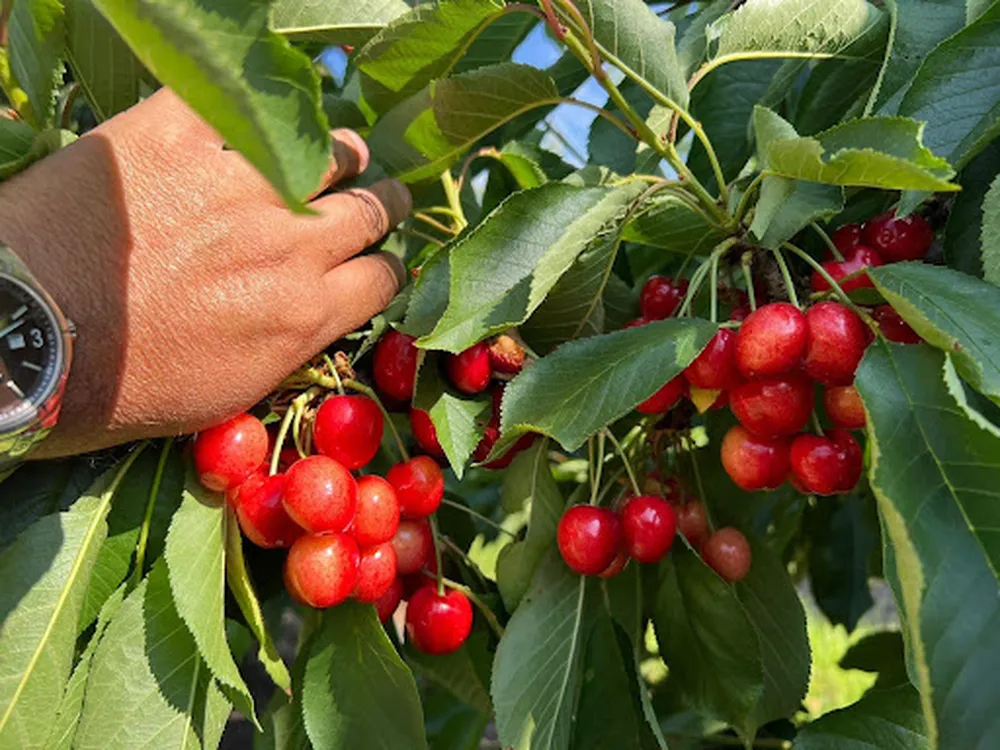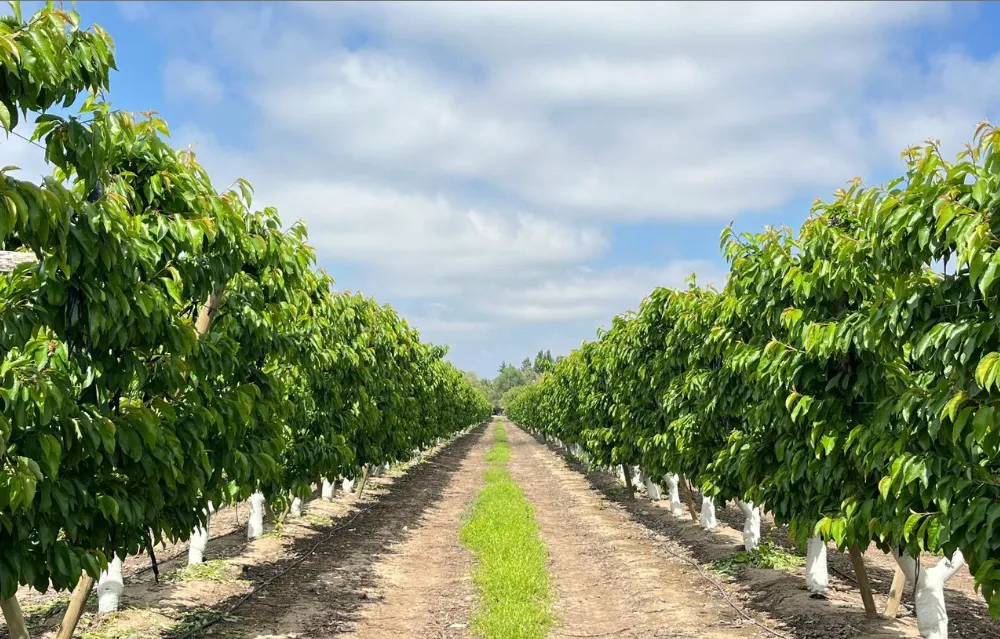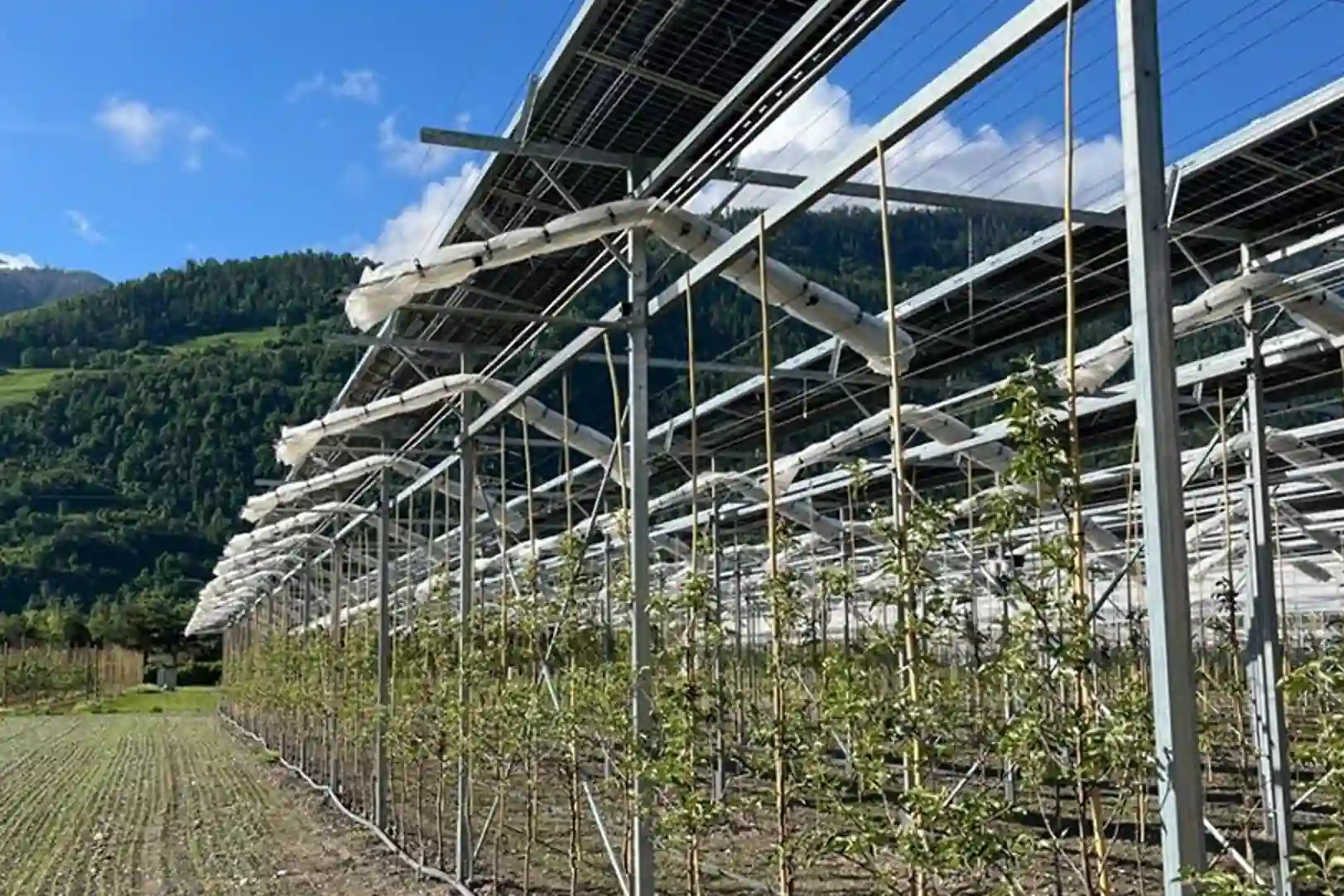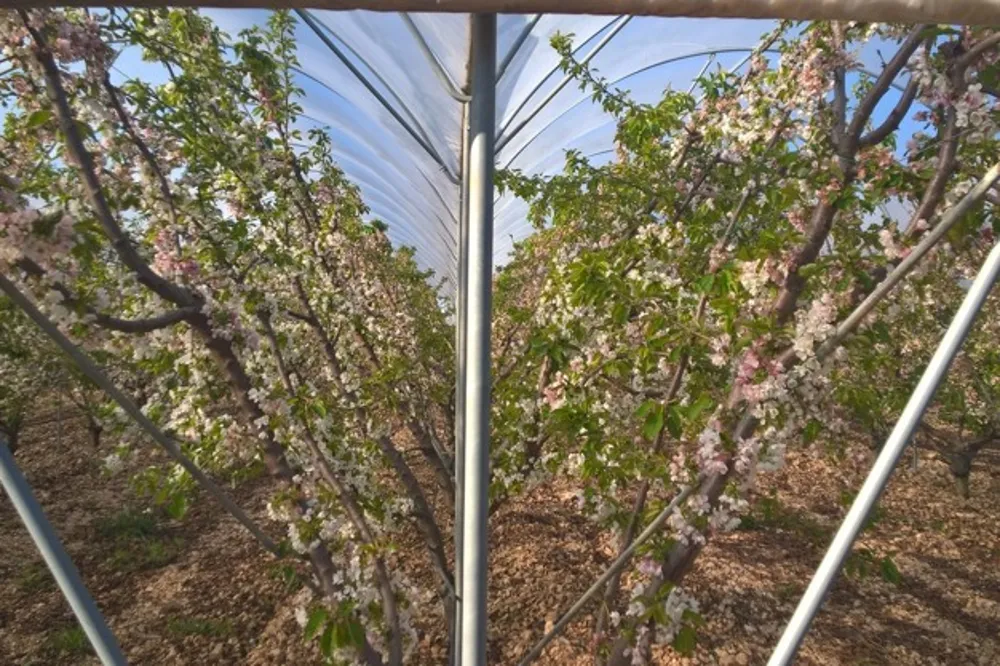The interview with Antonio Walker, president of the National Agricultural Society, Chile
The cherry industry, the third-largest export product of Chile, is going through one of its most difficult periods.
In the 2024 season, exports exceeded 3 billion dollars (approximately 2.75 billion euros), with China as the main destination.
However, the sharp 50% drop in the price of this product in the Asian market has raised alarms in the country's agricultural sector.
This happened after the volume of cherries exported increased by 55%, but demand was much lower than expected due to the weakening of the Chinese economy.

Economic repercussions
"This is a serious issue because cherries account for almost half of all fresh fruit exports and provide jobs for 350,000 people.
This scenario, therefore, has a strong impact on fruit growing. We are dealing with a species with a great future.
We cannot give up because of one negative year, but we must take some measures," emphasized the president of the National Agricultural Society, Antonio Walker.
Strategies for the next season
We can turn around this season’s scenario, but we need some measures. One is for banks to support the sector because we have had a year of low profitability compared to many very good years.
The other request is aimed at the sector’s unity: we need a quality seal to improve the qualitative conditions of cherries. And the third thing is to continue investing in promotion in China because it is a large market and there is still a portion of the population that does not consume cherries.
This promotion is essential, and at the same time, it is necessary to diversify and open new markets.

Export prospects
This season we will reach 3 billion dollars (approximately 2.75 billion euros), which is a great target. This is because volume has increased significantly, offsetting the decline in value.
It is an evolving story; everything depends on prices. I believe exports will continue. But even here, it is very important to expand the portfolio of species and varieties.
Dependence on cherries
The numbers say it all. Half of the fresh fruit exports are cherries. Ricardo Ariztía de Castro always told us: put your eggs in different baskets.
I invite farmers to diversify; this is always a guarantee. If you plant only one species, the risk is greater.
Diversification and new markets
The hazelnut and the European walnut have made a comeback. Kiwi, table grapes, and even apples. Some berries are gaining strength. I think we have enough cherry hectares. There are 75,000 hectares; it is the most planted species in Chile, and I believe it is sufficient.
Now, let’s try to make the most of what we have planted, and I encourage diversification. A single market is always much more risky. Chile exports to more than 190 countries worldwide.
We believe the top priority is India, followed by the Asia-Pacific countries. We must also promote North Africa and the Middle East, in addition to strengthening Latin America and the United States. This year, we have a trade fair in Japan, and we must continue to strengthen our presence there.
We need to expand the entire market portfolio and balance volumes.
Source: Blueberries Consulting
Photo source: Prensa Agricola, Patricio Morales
Cherry Times - All rights reserved












